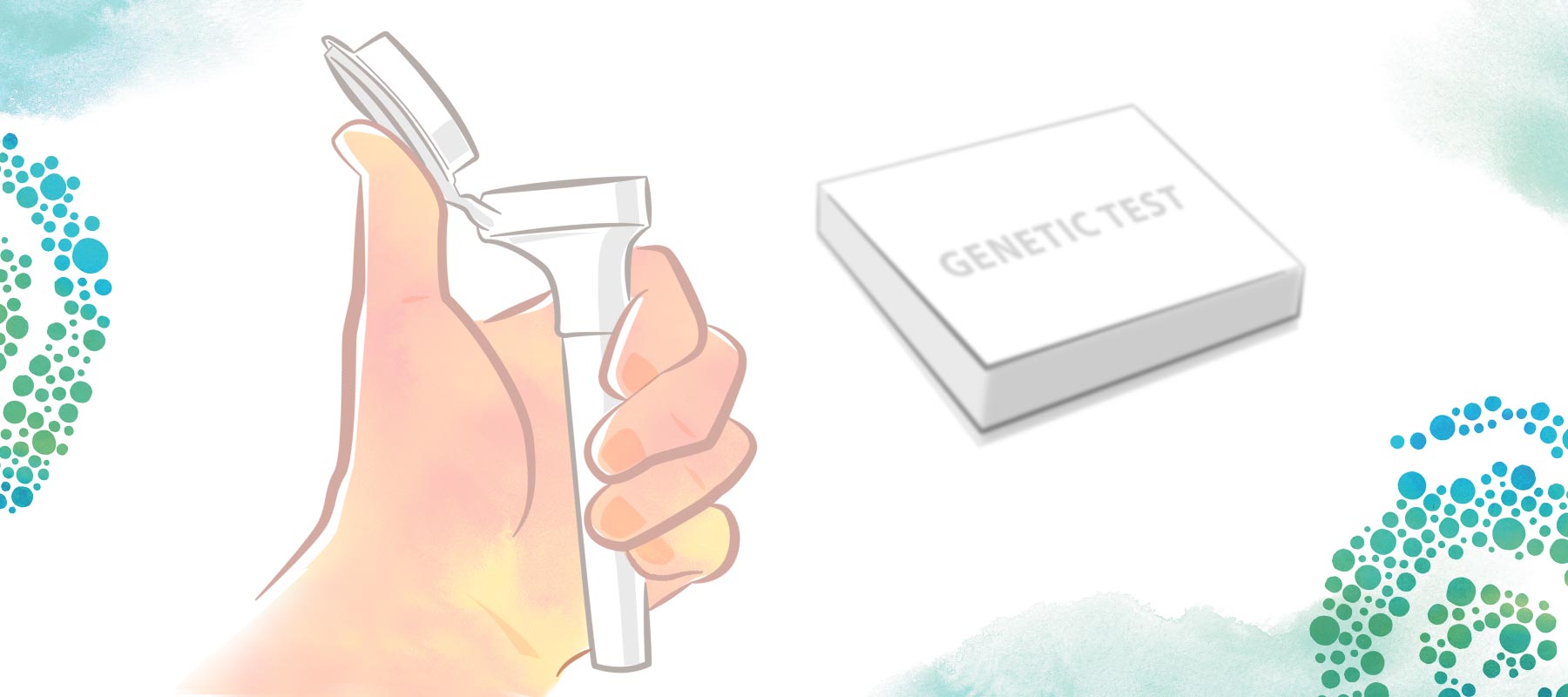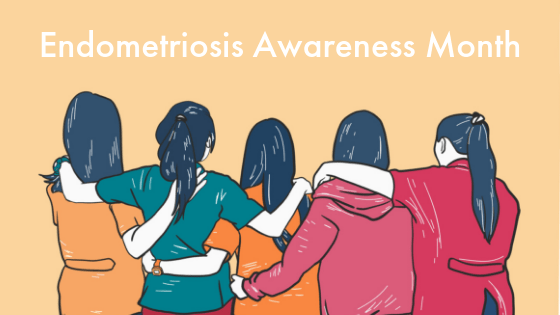“My mom has lupus, is that inherited? Will I get it, too? Will my kids? My uncle has MS, what about that?” These are common questions that genetic counselors are asked when we take a family history, and the answers may be more complicated than one might expect.
Lupus and MS (multiple sclerosis) are two of many different diseases that are known as autoimmune conditions. Essentially, our immune system is supposed to keep us healthy – its purpose is to help our bodies fight off germs so that we don’t become sick or, if we do become sick, the immune system helps us become healthy again. Autoimmune conditions result when the immune system starts attacking healthy parts of the body instead of foreign invaders. The type of autoimmune condition that occurs depends on what part of the body the immune system decides to attack. For example, if the immune system attacks multiple tissues of the body, this could lead to lupus, but if the immune system only attacks the nerves, this could lead to MS.
What causes the immune system to become so traitorous for some people? Why do these conditions seem to be more common in some families than in others? The reason is because autoimmune diseases are multifactorial conditions, which means that there are both genetic and non-genetic factors that play a role in causing them.
Here is how it works: There are specific genes we all have that tell our immune system how to function. Certain variations in those genes can increase the risk that the immune system stops working correctly – and these variations can be inherited in families. But the variations in and of themselves are not enough to make the immune system malfunction. Other factors have to be at play in order for those genes to change the instructions they give and cause an autoimmune condition. Those factors can include other genes, lifestyle factors, and/or environmental exposures, and it’s likely the combinations of these other factors that cause the different types of autoimmune conditions that can occur. Since no two people in a family will have exactly the same genetic make-up (unless they are identical twins), lifestyle factors, or environmental exposures, this is also why people in the same family can have different autoimmune conditions.
So, to answer the question, “Are the autoimmune conditions in my family inherited?”: If there is an autoimmune condition in the family, there is an increased risk for other relatives to develop the same or different autoimmune conditions at some point in their life. This does not mean, however, that others in the family will definitely have these conditions because of all the other factors involved. It is not possible to predict whether individuals who have an autoimmune condition in the family will themselves develop any of these conditions. In addition, there are no well-established strategies to prevent these conditions from occurring. The best approach to dealing with a family history of autoimmune conditions is to (1) inform your primary care physician of the family history, (2) be aware of the common symptoms of an autoimmune condition, and (3) make your primary care physician aware if you begin to experience any symptoms that could be related to an autoimmune condition.
Stephanie Corsetti
Stephanie Corsetti is a licensed board certified genetic counselor with CooperGenomics who provides genetic counseling services to patients. Prior to joining CooperGenomics she worked as a prenatal genetic counselor and coordinator of the Center for Prenatal Pediatrics at Geisinger Health System and as a prenatal genetic counselor and manager of the genetic counseling department for the Delaware Center for Maternal and Fetal Medicine. Stephanie received her B.S. in Biology from Penn State University and her M.S. in Genetic Counseling from Arcadia University. Her passions include increasing the accessibility of genetics services and the development of meaningful genetics education material for both medical professionals and patients.







